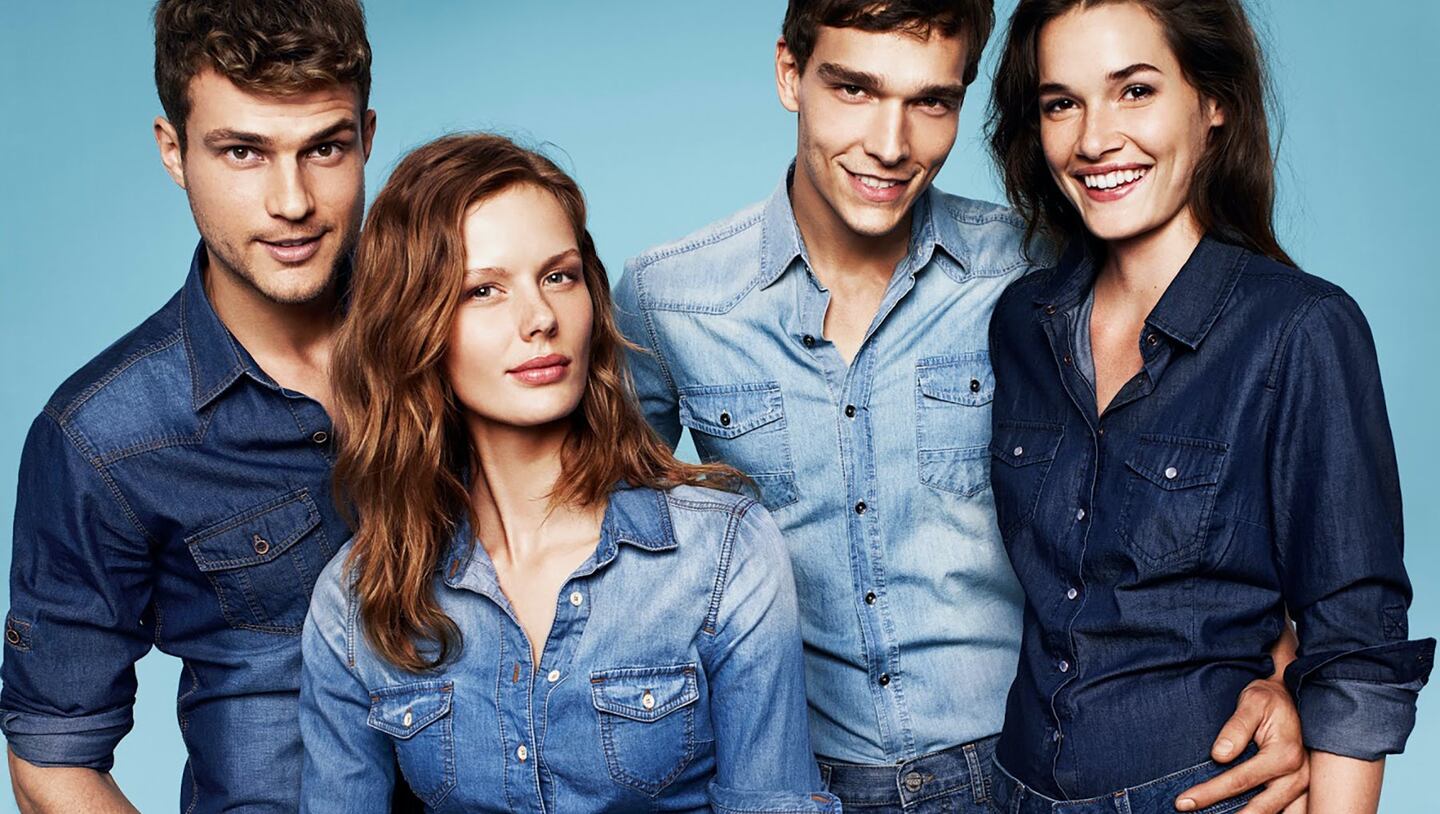
The Business of Fashion
Agenda-setting intelligence, analysis and advice for the global fashion community.

Agenda-setting intelligence, analysis and advice for the global fashion community.

ANKARA, Turkey — At an LC Waikiki store alongside a six-lane highway in central Istanbul, throngs of customers peruse the racks, weaving among mannequins sporting full-length evening dresses, sweatpants, and belted trenchcoats. Unlike most shoppers at nearby Zara and H&M outlets, many women at Waikiki are wearing headscarves and tunics that skim the floor. The retailer "has a great range for covered women," says Semiha Kocaturk, a 53-year-old from a nearby working-class neighborhood who's buying trousers for her granddaughter. "I can find the kind of blouses and cardigans I like very easily here, and that's just not the case in every store."
Waikiki has built Turkey’s most successful fashion brand by selling styles that appeal to observant Muslims without alienating secular buyers. The chain’s lineup is “very appropriate for the sensibility of conservative customers,” says Maria Comfort, Waikiki’s head of merchandising and a veteran of U.S. brands Wet Seal and Hot Topic. “We are unique in targeting the wardrobe needs of a broad range of people.”
Founded in France in 1985, named for a Hawaiian beach, and reinvented in Turkey by conservative Muslim owners, Waikiki is crushing local and foreign rivals in the Turkish fast-fashion market. It has almost four times the share of its closest competitor and says 80 percent of the country’s consumers have visited its stores, a penetration approaching that of Walmart Stores in the U.S. After blanketing Turkey with outlets, Waikiki seven years ago began a push abroad, mostly into Russia, the Gulf states, and Central Asia. The company has 413 locations in Turkey and almost 200 in cities as far-flung as Algiers, Baku, and Tehran. This year, Waikiki says it plans to open more than 30 outlets in its home country and 100 abroad. “We’ve taken our mission of ‘everyone deserves to dress well’ beyond the borders of our country,” Chairman Vahap Kucuk said in an e-mail.
Like Walmart, Waikiki is famously inexpensive — a pair of women’s jeans sells for as little as 27 lira ($10) — which helps draw young shoppers and those who might otherwise choose knockoff apparel at outdoor bazaars. Even as the Turkish economy has faltered, Waikiki’s revenue jumped 24 percent last year, to 7 billion lira. That’s made Kucuk’s brother Mustafa, the company’s chief executive officer, a billionaire. The onetime sheepherder’s 39 percent stake in the company is valued at $1.7 billion, and Vahap’s 9 percent stake is worth about $400 million, according to the Bloomberg Billionaires Index. The Kucuks declined to comment on their wealth.
ADVERTISEMENT
Originally a French brand (the LC stands for les copains, or “friends”), Waikiki developed a reputation for eccentric designs and bright colors. In the 1980s it started buying textiles from the Kucuk family’s company. The Kucuks and a handful of partners became the brand’s local wholesale distributor in 1990; seven years later they bought Waikiki from its founders. Mustafa and Vahap are emblematic of the so-called Anatolian Tigers, a generation of entrepreneurs, mostly conservative and hailing from the country’s east — the equivalent of the U.S. Bible Belt when compared with more secular Istanbul — who have thrived under President Recep Tayyip Erdogan. Once asked by a sociologist to explain Waikiki’s success, Vahap said, “The secret is to understand the Anatolian customer.”
Few other mass-market brands in Turkey appeal so directly to conservative dressers. Ayse Nil Kirecci, a professor at Maltepe University in Istanbul who's written about Waikiki's role as a "democratizing" force in Turkish fashion, says its fabrics tend to be thicker than those used by Zara or Mango, and the necklines are typically less revealing. Still, Waikiki plays well to secular consumers, with pencil skirts and sleeveless blouses, treading a delicate line in a country where politics are sometimes expressed in consumer preferences. "It's not for conservative people, it's not for liberal people," says Murat Ergene, a retail consultant who advises the company. "It's for everyone."
By Devon Pendleton and Isobel Finkel; editor: David Rocks.
This week’s round-up of global markets fashion business news also features the China Duty Free Group, Uniqlo’s Japanese owner and a pan-African e-commerce platform in Côte d’Ivoire.
Affluent members of the Indian diaspora are underserved by fashion retailers, but dedicated e-commerce sites are not a silver bullet for Indian designers aiming to reach them.
This week’s round-up of global markets fashion business news also features Brazil’s JHSF, the Abu Dhabi Investment Authority and the impact of Taiwan’s earthquake on textile supply chains.
This week’s round-up of global markets fashion business news also features Dubai’s Majid Al Futtaim, a Polish fashion giant‘s Russia controversy and the bombing of a Malaysian retailer over blasphemous socks.